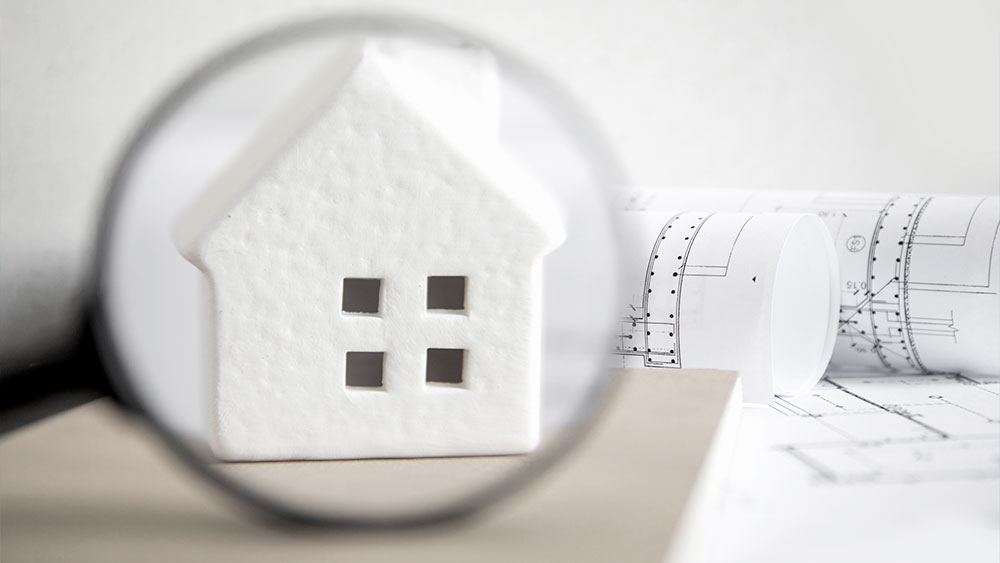
Understanding Commercial Building Permit Requirements in Atlanta
April 7, 2025
Architectural Design That Works: Balancing Aesthetics, Code Compliance, and Budget
April 25, 2025
Buying a property is one of the most important decisions you can make, and doing it correctly is crucial to avoid legal or financial problems in the future. In Georgia, as in any other part of the world, correctly identifying a property can be a complex process if you don't follow the proper steps. This article will help you understand how to correctly identify a property in Georgia, so you can make informed and secure decisions.
Verification of the Property in the Public Registry
The first step in identifying a property is to make sure the information about it is properly registered. In Georgia, property registration is managed by the county where the property is located. It's important to verify that the property is correctly registered in the seller's name. You can do this through the county's website or by visiting the county's registry office, where you can obtain a copy of the property certificate.
Title Inspection of the Property
It is essential to obtain a title report of the property, which is a legal document that guarantees the property is free of encumbrances or liens. This report will help you identify if there are any mortgages, liens, or debts associated with the property. Additionally, it will inform you about any pending legal disputes that could affect the purchase of the property.
Review of Property Boundaries and Limits
Another crucial aspect of correctly identifying a property is reviewing its boundaries and limits. Ensure that the property you're interested in has clearly defined boundaries that are established in the legal documents. Maps and cadastral plans provide a visual reference of the property's boundaries and will help you avoid future disputes with neighbors.
Check the Property Taxes and Appraisals
Before making any offer, it's important to review the tax situation of the property. Make sure there are no unpaid taxes that could cause problems after the purchase. You can verify the tax information through the county assessor's office. Similarly, you should check the property’s appraisal, which will determine its real market value and help you assess whether the asking price is reasonable.
Verify the Land Use and Zoning
Zoning and land use are essential aspects to consider before purchasing a property. Make sure that the property is zoned for the use you want to give it, whether residential, commercial, or mixed. Each county in Georgia has specific zoning rules that regulate what type of activities can be conducted on a property. You can verify this by consulting with the relevant county planning and zoning office.
Physical Inspection of the Property
While legal documents and records are essential, you should not skip a physical inspection of the property. It's advisable to hire a professional property inspector to evaluate the physical condition of the property. This will allow you to identify structural, electrical, plumbing, or any other issues that could affect the value of the property.
Legal Advice and Real Estate Agent Assistance
Finally, it's crucial to have the support of professionals throughout the process. A real estate attorney and an experienced real estate agent in Georgia can help guide you through the legal process and ensure that all aspects of the property are in order. They will assist you in interpreting legal documents and completing transactions correctly.
Correctly identifying a property in Georgia is not an easy task, but if you follow the steps outlined, you can minimize risks and make more informed decisions. From title verification and taxes to physical inspection and legal advice, every detail matters to ensure your investment is safe and successful.
If you're considering buying a property in Georgia, follow these steps and make sure everything is in order before making a decision. Your future home or investment is just a step away!








